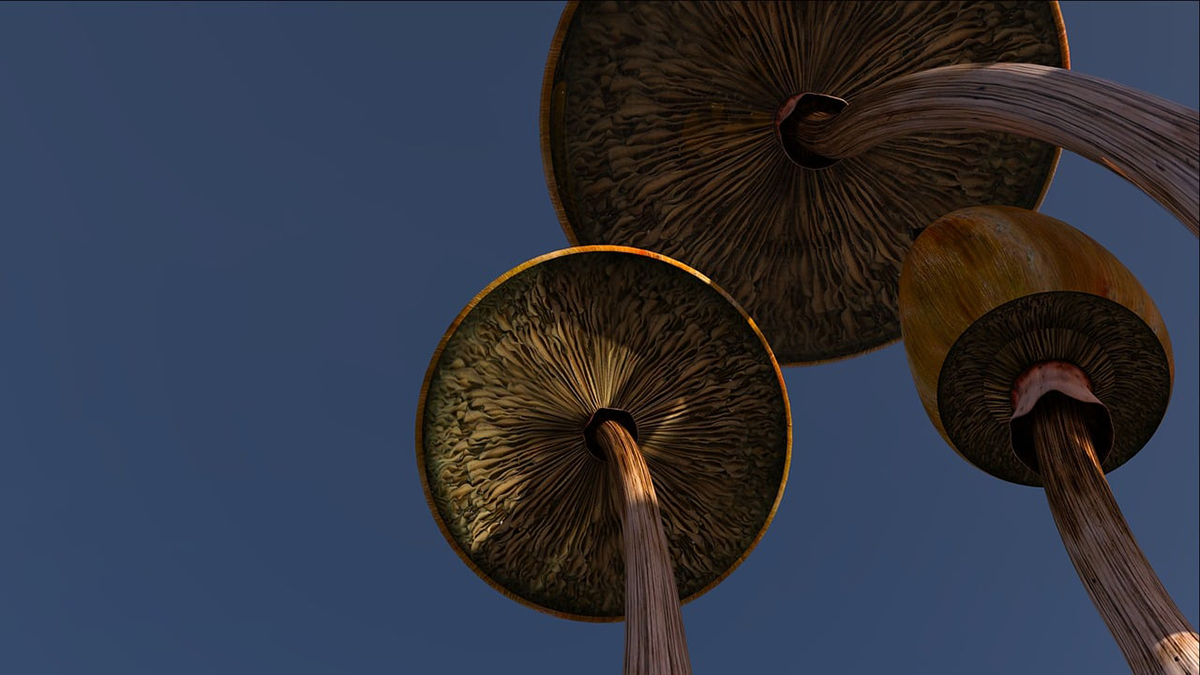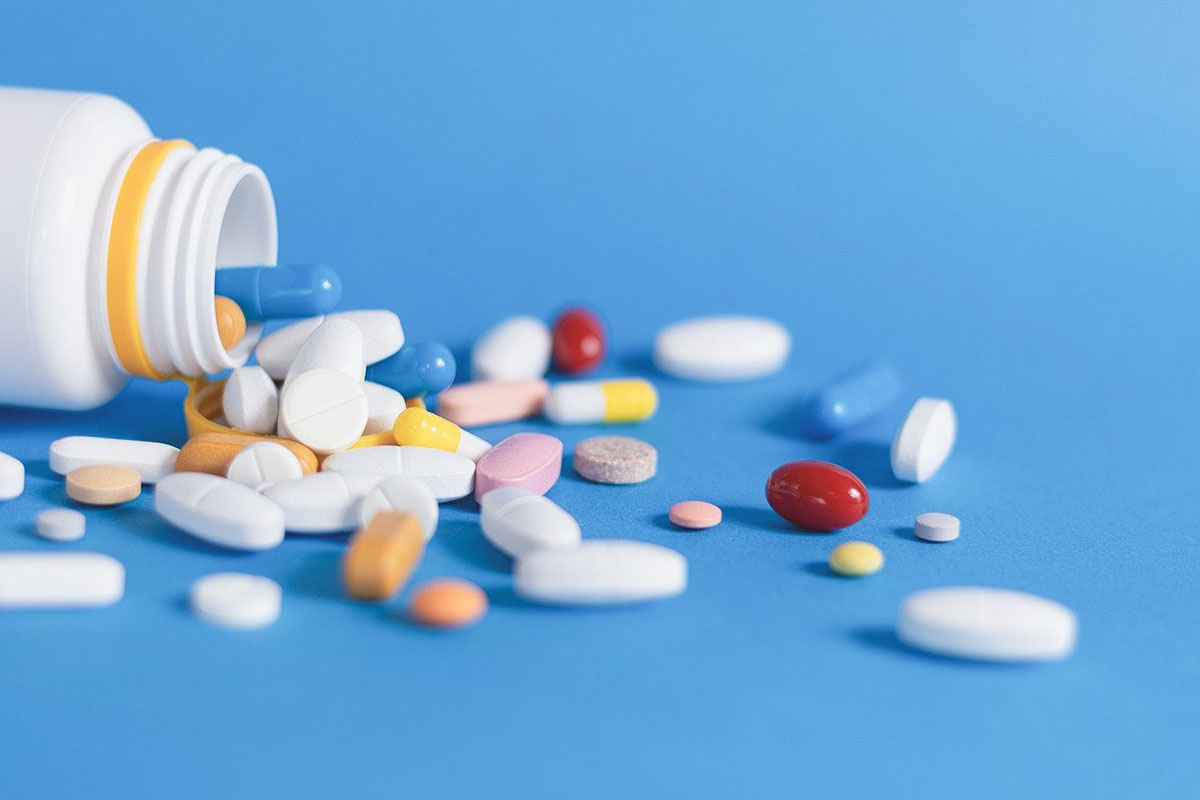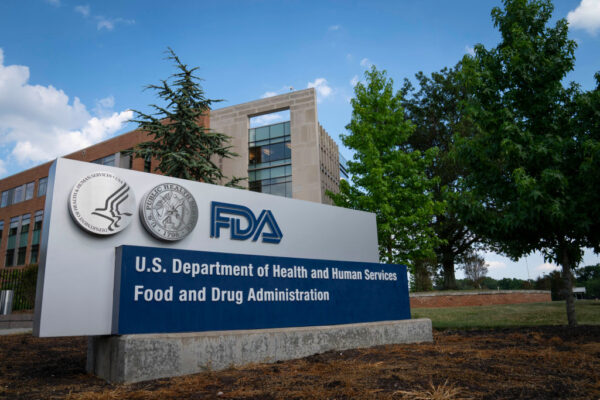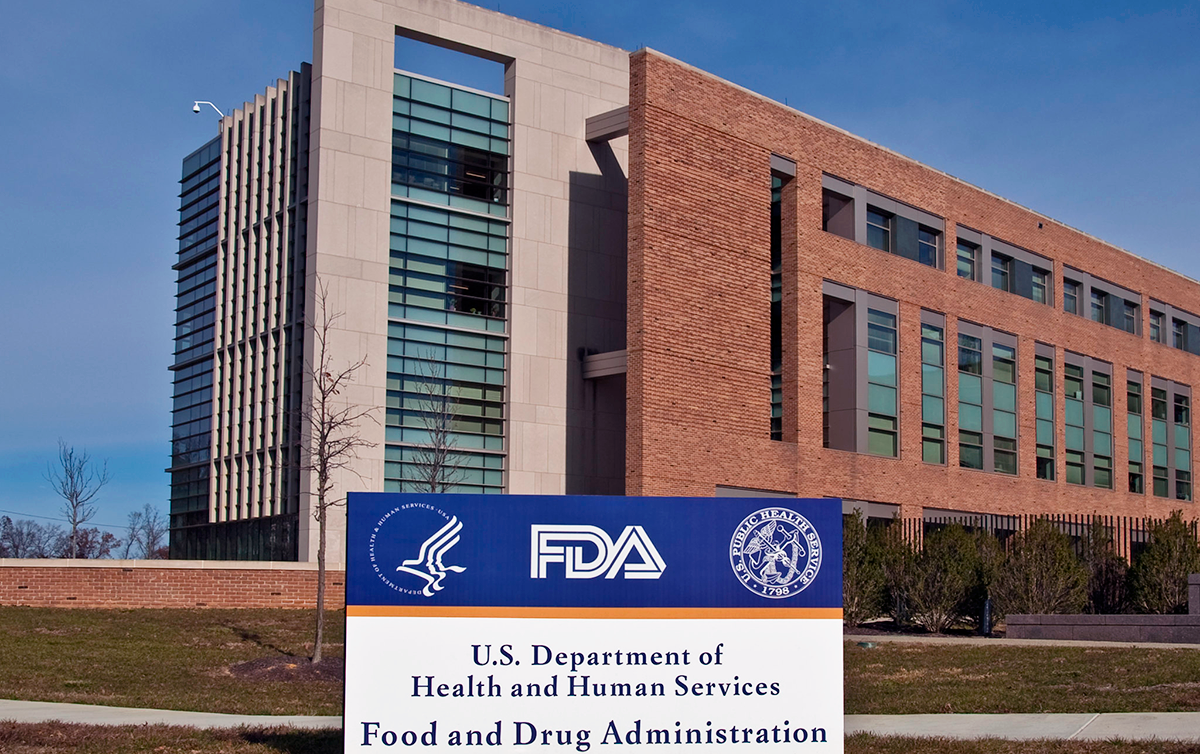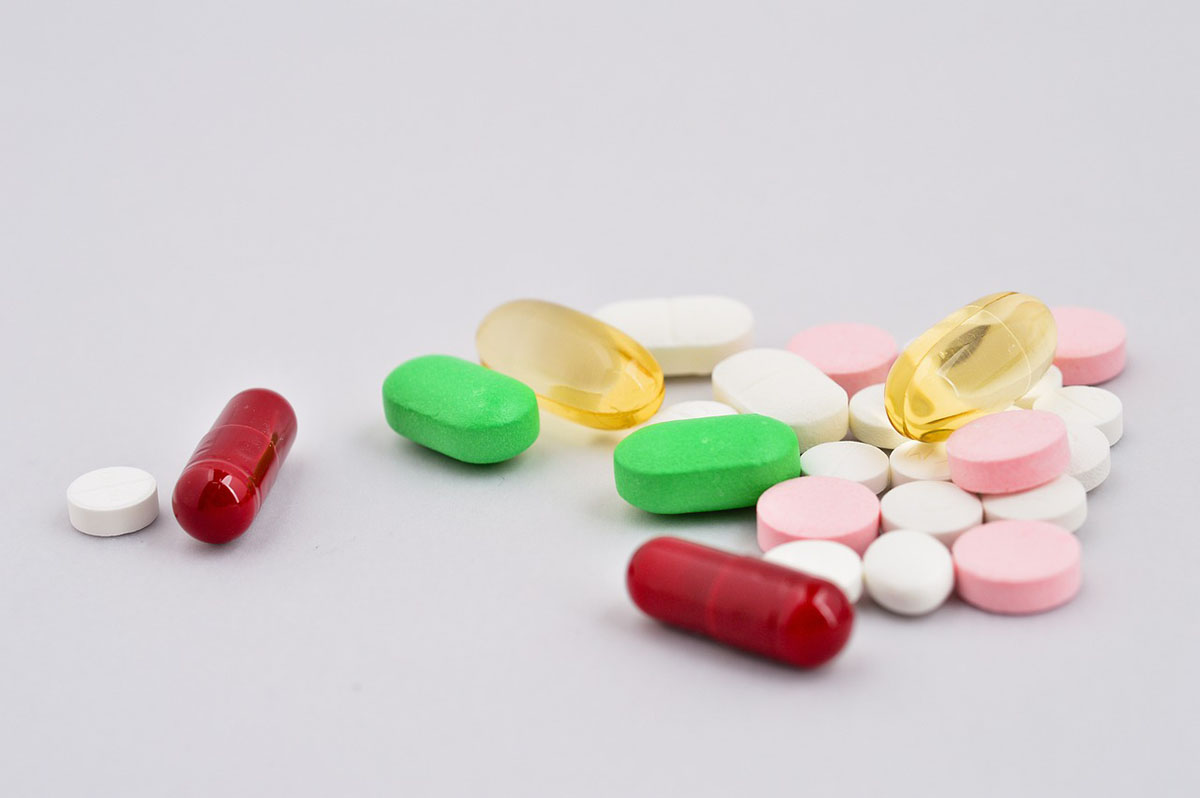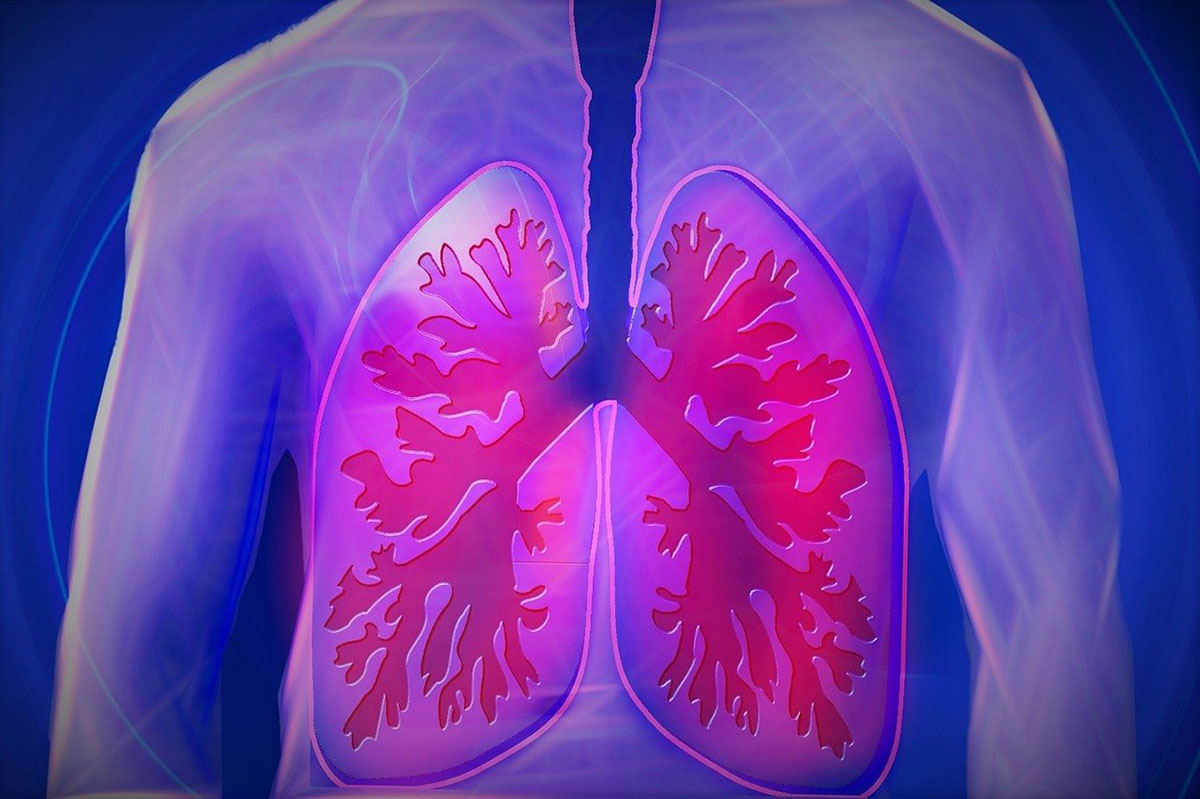Wisconsin is on the front lines of psychedelic research that could reach millions
Wisconsin scientists are among those conducting dozens of clinical trials worldwide on the use of psilocybin to treat depression. They say the evidence shows that, in combination with therapy, it shows great promise. ...





